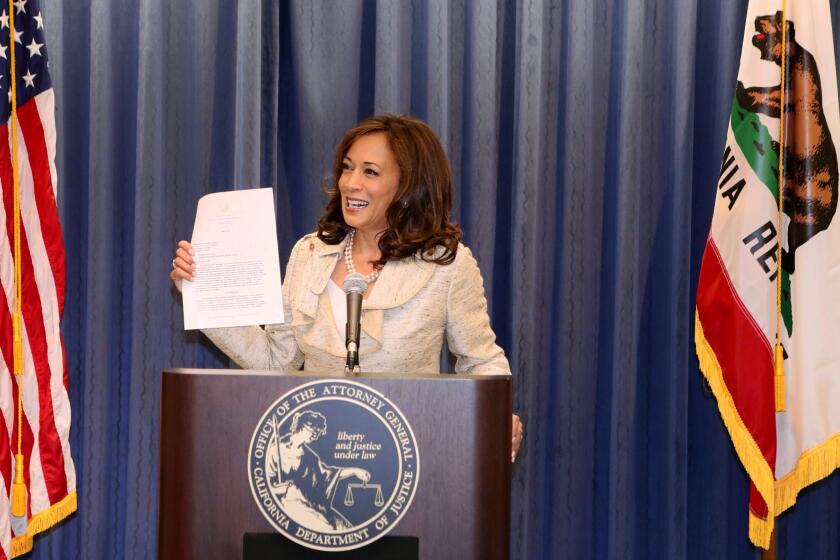Boycott Wisconsin
For anyone who believes that the hard-won rights of organized labor constitute an American birthright, who would as soon see the flag burned as a picket line crossed (both acts disrespectful of blood shed in our “country’s cause”), the decision of the Wisconsin Legislature to end most collective bargaining rights for public employees amounts to sacrilege. In effect, Wisconsin has become a pariah state. It ought to be treated as such.
Anyone with a credit card or a grocery cart is equipped to do so. Anyone with a dollar in his or her hand is capable of casting a vote against what has been done, and what will, if not stopped, become a model for rolling back virtually every workplace right we have. Almost anyone can join in a boycott.
It is undeniable that boycotts harm the innocent. Is it fair, for example, not to purchase cheese made by a Wisconsin farmer who drove his tractor to the capital in a show of solidarity with state employees? It is not fair at all, but neither is it unwarranted or unprecedented.
Indians who followed Gandhi’s call to spin their own cloth instead of buying the products of mills in Birmingham and Leeds were creating hardship for workers in those mills. (The workers were supportive nonetheless.) Universities and corporations that elected to divest themselves of South African assets hurt black South Africans as well as white. The boycott of nonunion grapes during the United Farm Workers strike probably hurt the families who picked those grapes more directly than it hurt the landowners at whom it was aimed.
The instrument of a boycott is not a “smart weapon”; it is only an accessible weapon, a nonviolent weapon and an effective weapon. In a consumer economy and a democracy held hostage by moneyed interests, it may be one of the most effective weapons we have. Taking it to the streets is good; taking it to the supermarket may be even better. When the pro-business sector discovers that disenfranchising union workers makes for bad business, anti-union politicians will be bad business too.
A boycott need not be a grim exercise, scanning labels for the name “Wisconsin,” like counting grams of unsaturated fats. We might even call it “fun for the whole family.” Parents worried because their kids think that Labor Day commemorates the end of summer vacation, that Taft-Hartley is a brand of designer sportswear (signs of pervasive ignorance far more detrimental to workers’ rights than the hubris of any upstart junior governor), can use the occasion to explain why “people like us” have vacations to begin with, why “kids like you” go to school after Labor Day instead of being scalped alive in textile mills. Google “Wisconsin + company” and print the list. Hang it on the fridge. Take it to school. Post it on your Facebook page.
Religious, civic and professional organizations can also make an affordable statement as to where they stand. Some of these groups expressed solidarity for their disaster-hit neighbors by holding conferences in New Orleans in the aftermath of Hurricane Katrina. They can be just as neighborly by refusing to hold a conference in Wisconsin. If the word “Milwaukee” appears on their flight ticket, they can change their flight.
So much more is at stake here than a labor dispute in a Midwestern state. The question on the floor of our republic at the beginning of the 21st century is how many civil rights, social benefits and natural resources we are willing to have despised before we ourselves become despicable.
The battle in Wisconsin, symbolically and in fact, is not a fight against a political party or a governor, much less against good people who made a horrendous electoral goof. It is a fight against what increasingly has come to feel like an American death wish, a mad potlatch of relinquishing every progressive gain of the last 100 years. We talk about “making cuts” in the tone of teenagers who cut themselves. A few billionaires and their proxies yell “jump,” and we call it a sacrifice whose time has come. We need to start talking ourselves in from the ledge.
Garret Keizer’s latest book is “The Unwanted Sound of Everything We Want: A Book About Noise.” He is a contributing editor to Harper’s Magazine.
More to Read
A cure for the common opinion
Get thought-provoking perspectives with our weekly newsletter.
You may occasionally receive promotional content from the Los Angeles Times.










